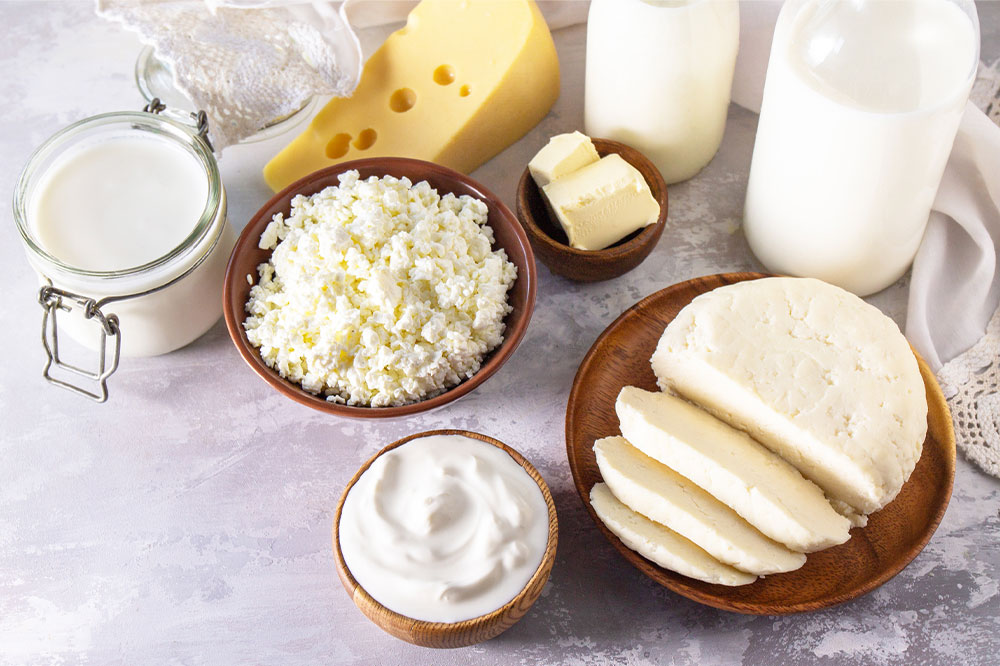6 foods that worsen EoE symptoms

Eosinophilic esophagitis (EoE) is a condition that causes inflammation in the esophagus. This chronic immune system disease is characterized by the aggressive growth of eosinophils, a type of white blood cell, in the lining of the esophagus. EoE flare-ups can resemble allergic reactions. So, certain triggers, such as specific weather conditions, other disorders, and foods, can worsen symptoms of EoE. Here are some of the foods to avoid when dealing with the condition:
Milk
Dairy products such as milk, yogurt, butter, cheese, and cream can trigger EoE flare-ups. These products are made up of components like casein, diacetyl, lactalbumin, lactose, tagatose, whey, rennet casein, and more that cause undesirable chemical reactions in the esophagus of those with dormant EoE symptoms. Once that happens, the growth of eosinophils becomes even more aggressive, causing symptoms like pain and discomfort.
Pasta
Most types of pasta contain gluten, another protein that triggers or worsens EoE symptoms. Gluten or wheat sensitivity and inflammation are observed in people with EoE. As wheat and gluten are the building blocks of pasta, cereals, white bread, and crackers, these foods must be avoided when affected by EoE. Alternatively, one can opt for foods like rice, quinoa, tapioca, beans, barley, and legumes, as they offer similar nutritional value without gluten.
Eggs
Eggs are also one of the foods to avoid for EoE management, as it contains ovalbumin, an element known to trigger inflammation in the esophagus. Instead of eggs (including yolks, dried powdered, whites, or solids), one can use substitutes for egg-based recipes. For instance, mashed bananas, applesauce, and a combination of flax and water can be alternatives for such snacks.
Tofu
Soy-based foods can also trigger EoE flare-ups. So one should avoid soy sauce, tofu, miso, and edamame if they are dealing with the condition. Here, one can use soy sauce substitutes like refined soybean oil, coconut aminos, and soy lecithin.







